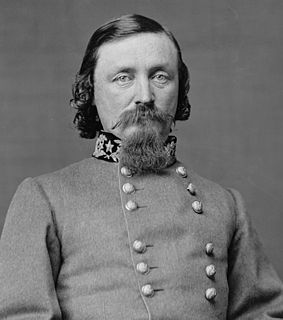A Quote by Carl Sagan
Modern science has been a voyage into the unknown, with a lesson in humility waiting at every stop. Many passengers would rather have stayed home.
Related Quotes
It is beyond a doubt that during the sixteenth century, and the years immediately preceding and following it, poisoning had been brought to a pitch of perfection which remains unknown to modern chemistry, but which is indisputably proved by history. Italy, the cradle of modern science, was at that time, the inventor and mistress of these secrets, many of which are lost.
Helpless, unknown, and unremembered, most human beings, however sensitive, idealistic, intelligent, go through life as passengers rather than chauffeurs. Although we may pretend that it is the chauffeur who is the social inferior, most of us, like Toad of Toad Hall, would not mind a turn at the wheel ourselves.
Humility, which Burke ranked high among the virtues, is the only effectual restraint upon this congenital vanity; yet our world has nearly forgotten the nature of humility. Submission to the dictates of humility formerly was made palatable to man by the doctrine of grace; that elaborate doctrine has been overwhelmed by modern presumption.




































